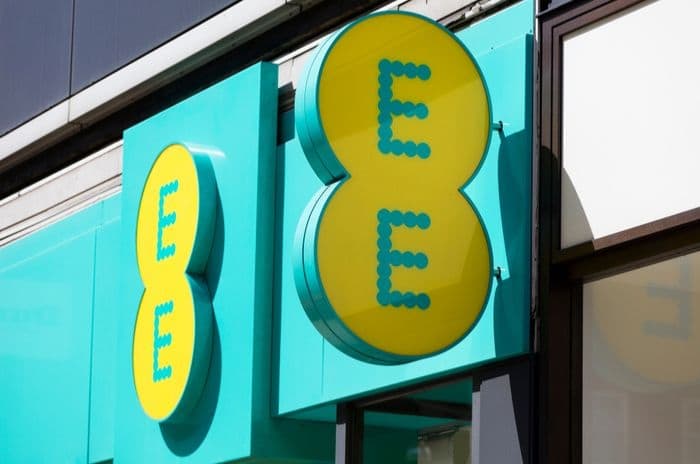Home > Mobile > News > EE's 4G Cup Final trial helps keep the football flowing
EE's 4G Cup Final trial helps keep the football flowing
EE TRIALLED its new 4G Broadcast at this year's FA cup final to give a select group of football fans a unique view of the match.

Half a billion people watched the 2015 FA Cup Final from around the globe. But this year a select 20 guests inside the stadium saw the game differently on their tablets.
Using a custom built app and 4G-powered mobile broadcasting for HD viewing they were able to watch the game from whichever camera they liked and choose when to view action replays.
Watching the best football action
It's not just the massive worldwide audience that broadcasters have to cater for. There are almost 90,000 spectators inside the arena too. With that many people watching on devices in a confined area there can be congestion, and video content can buffer.
EE consider themselves to be pioneers of both 4G broadband and television technology. So it's no surprise that EE used Wembley Stadium as a test for 4G Broadcast.
Instead of unicast streams being transmitted to different users individually, content is made available to everyone in a given area. That means the number of people connecting to it won't interfere with the quality or speed of the viewing.
At the Wembley trial, viewers could switch between camera angles and between live footage and replays at any time (although during their 4-0 defeat Aston Villa fans were probably not enamoured with an action replay option).
There's not even been a price set for it yet. But 4G Broadcast has obvious advantages over traditional streaming in places where there's a crowd, from busy train stations to pop venues to sporting fixtures.
Available soon at a shop near you
At the moment 4G Broadcast is only on trial and not available to the general public.
And although some of the latest handsets already include the necessary hardware to decode signals, firmware and software must still be loaded first.
However in the not too distant future, devices will no doubt be mass produced with everything viewers need to enjoy 4G Broadcast pre-installed.
Although EE ran the trial, they had to collaborate with other tech companies such as Qualcomm, Huawei, EVS and Intellicore to bring the live feeds and action replays to their network.
It's not the first time EE have worked with these partners. They demonstrated 4G in collaboration with BBC Research & Development, Huawei and Qualcomm at the public Commonwealth Games Showcase in the Glasgow Science Centre.
The demonstration here showed off something called a 4G Congestion Meter, which enables people to see how congestion affects the mobile network in real-time.
Different match, different network, same experiment
EE aren't the only mobile network to explore the exciting potential of 4G Technology in a crowded football arena.
Vodafone Spain and Valencia CF joined forces to offer spectators five simultaneous channels of HD content when the Mestalla Stadium played host to Celta de Vigo.
Similarly to the Wembley EE experience, Vodafone delivered exclusive video content using its 4G Broadband network infrastructure in the stadium to a select group of fans on their mobiles.
Olaf Swantee, CEO at EE says it won't just be mass live music and sporting events where viewers will enjoy an enhanced 4G Broadcast experience. He predicts, for example, that in the near future it will make live television available to mobile audiences in a way that "we have never seen before."
The prediction is that 4G Broadband will soon be available to all. It's not easy to give a precise time. But with the massive resources being invested into mobile technology the world may not have too long to wait.
What next?
The answer is blindingly obvious and simultaneously bewildering.
5G.
Because even as 4G Broadcast is being made ready to launch companies across the globe are investing into the next generation of mobile phone.
It will run up to 100 times faster than 4G, and connect inanimate devices to its network. So it could enable amazing things to happen, like a fridge ordering another bottle of milk before it runs out, or a train directing commuters to empty seats.
Ericsson, Samsung and Huawei are already working to launch a trial around 2018.
And it will revolutionise and improve mobile technology like never before.
Until, that is, 6G launches sometime around 2040.
Get insider tips and the latest offers in our newsletter

We are independent of all of the products and services we compare.

We order our comparison tables by price or feature and never by referral revenue.

We donate at least 5% of our profits to charity, and we aim to be climate positive.
Latest News

5 December 2024
Merger of Vodafone and Three UK approved
19 August 2024
New O2 Essential Plan for those on social benefitsGet insider tips and the latest offers in our newsletter



